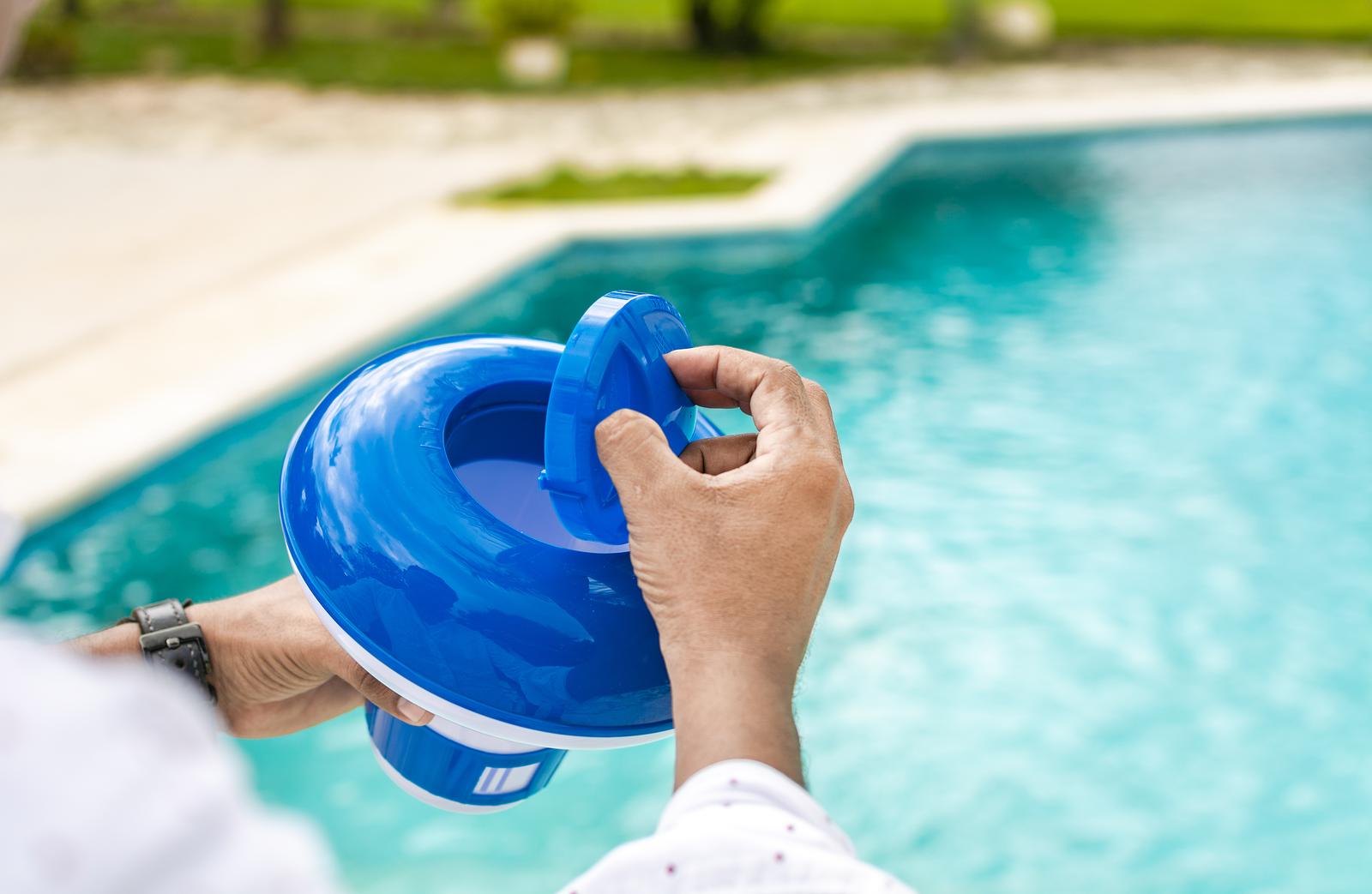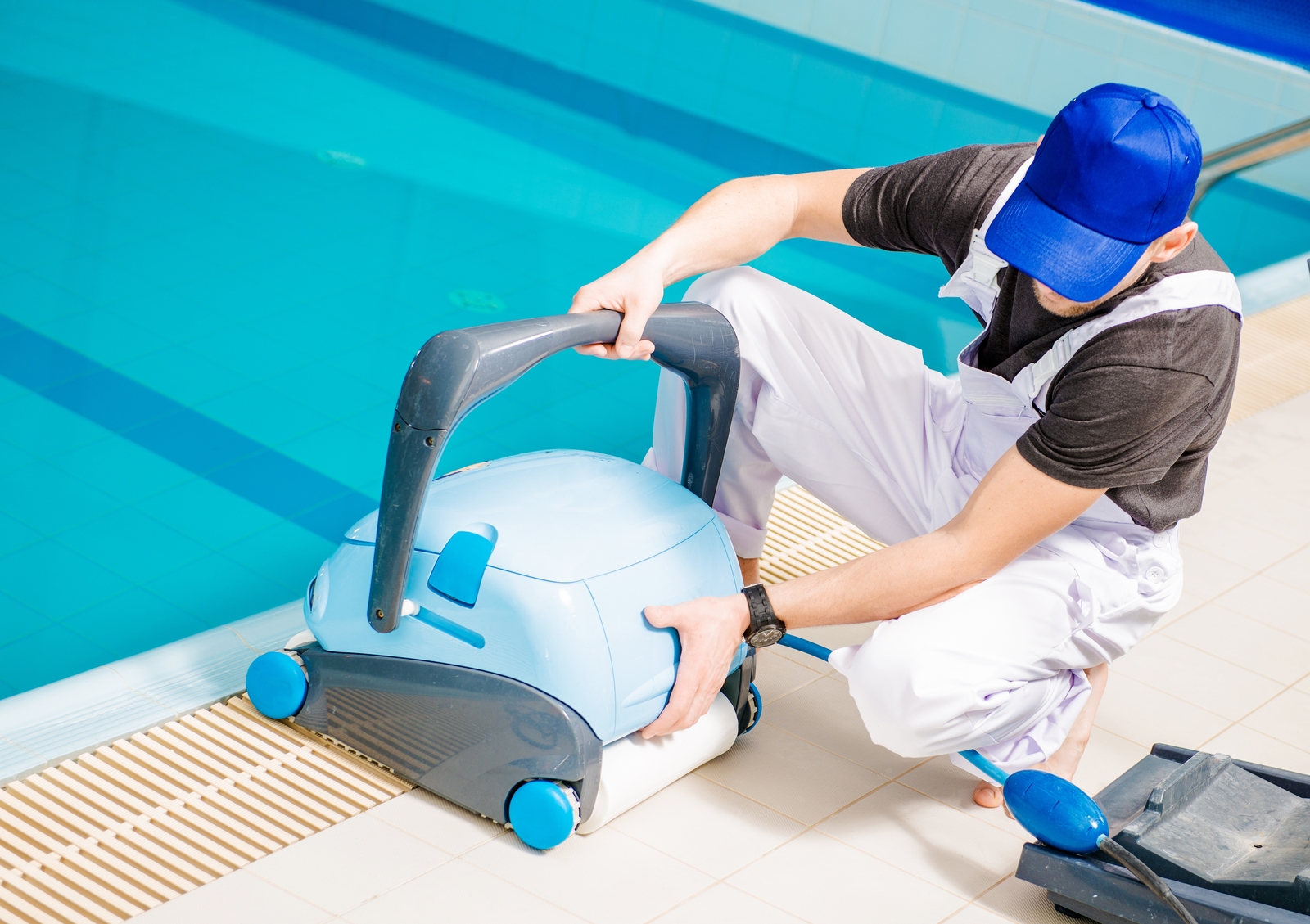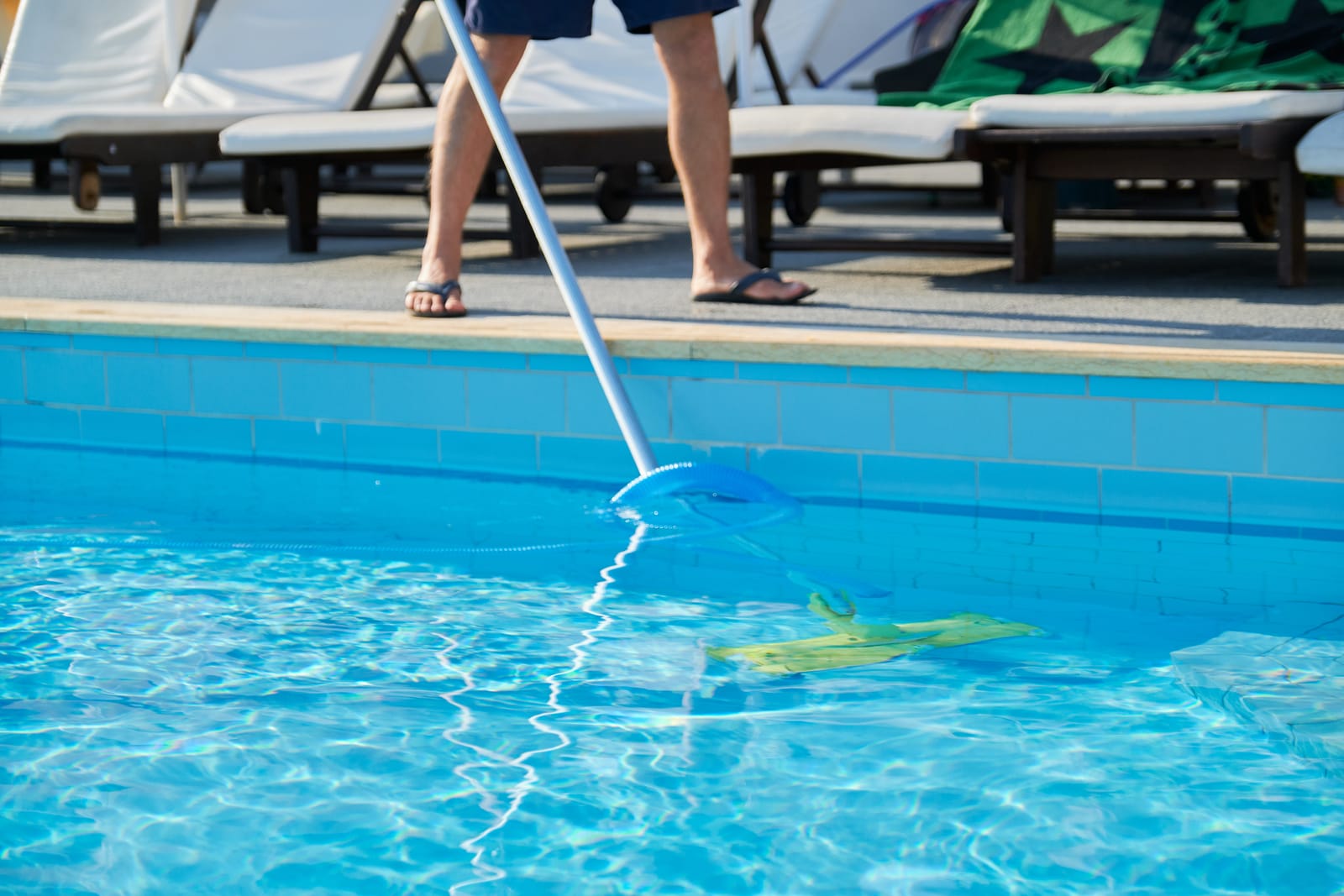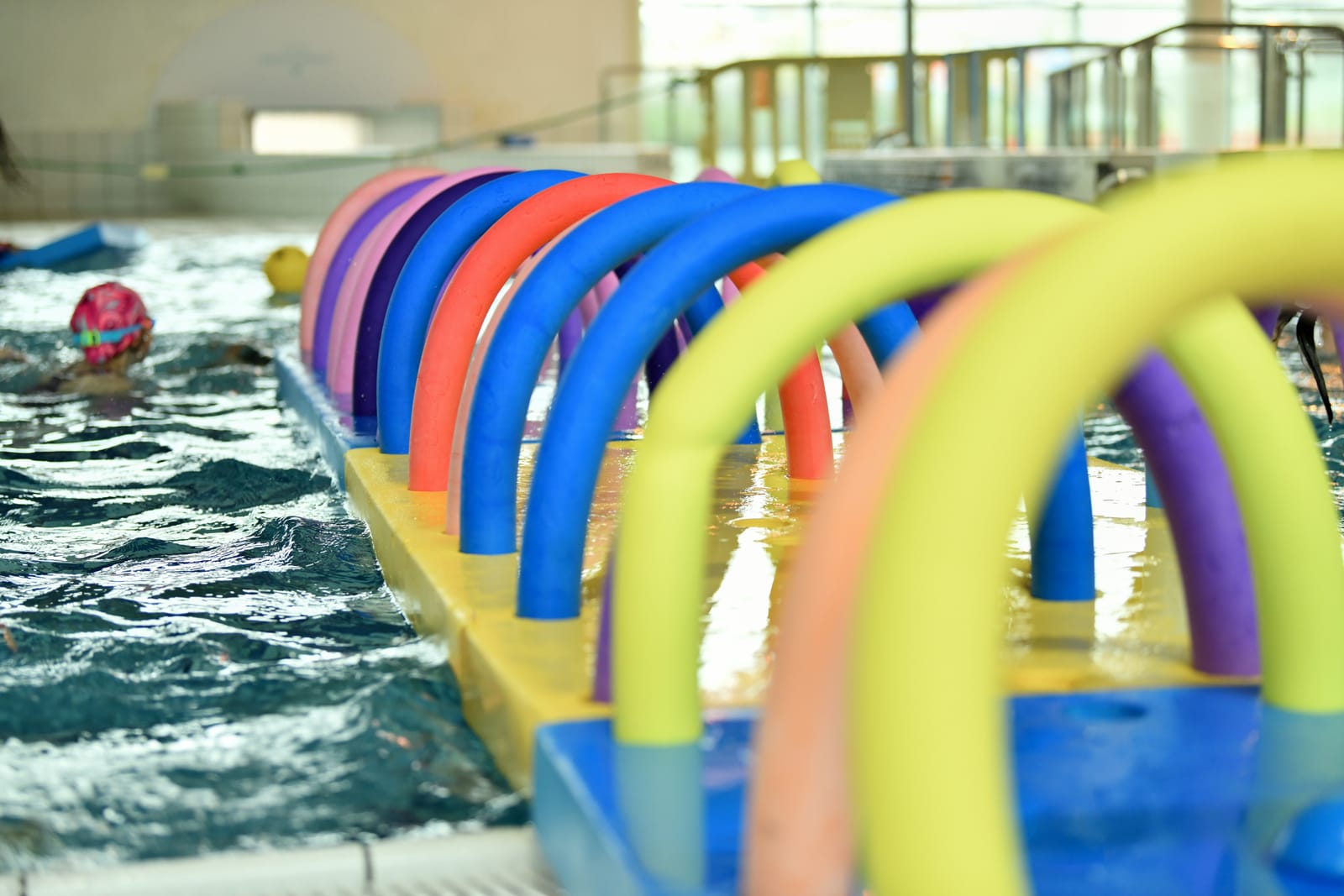Types of Pool Cleaning Services
Having a pool is a luxury that provides endless enjoyment and relaxation, but it also requires diligent upkeep. Regular maintenance not only keeps the pool looking great but also ensures a safe and healthy swimming environment. Selecting the right pool cleaner—equipment or professional service—plays a pivotal role in keeping your pool clean, functional, and long-lasting. This guide will give pool owners the insights to decide based on their specific pool needs, budget, and lifestyle.
Why Pool Maintenance Matters
A well-maintained pool is more than just a luxury; it's a commitment to safety, hygiene, and the longevity of your investment. Neglecting pool cleaning can lead to problems such as algae growth, poor water quality, and equipment failure. Over time, these issues can turn a pristine pool into a breeding ground for bacteria and other harmful contaminants, posing significant health risks.
Ensuring proper chemical balance, maintaining water circulation, and regularly removing Debris are all essential components of effective pool care. By understanding your cleaning options and choosing the right tools or services, you can keep your pool in optimal condition and avoid costly repairs.
Types of Pool Cleaning Options
Pool owners generally have two options for pool cleaning: purchasing equipment or hiring professional services. Both options have advantages and disadvantages, which we'll explore in detail below.
Equipment-Based Cleaning Solutions
Investing in cleaning tools and equipment is a practical choice for pool owners who prefer a hands-on approach. The key types of pool cleaning tools include:
- Manual Pool Cleaners: These require a physical effort but are cost-effective and versatile.
- Pool Brushes: Designed to scrub the walls and floor of your pool to remove dirt and algae.
- Skimmer Nets: Used for removing floating Debris such as leaves, bugs, and other surface contaminants.
- Telescopic Poles: Essential for reaching deep areas of the pool and attaching various cleaning heads.
- Automatic Pool Cleaners: Ideal for pool owners looking for convenience and efficiency. These include:
- Suction-Side Cleaners: Attach to the pool's suction line and clean by vacuuming Debris into the filtration system.
- Pressure-Side Cleaners: Utilize the pump's water pressure for propulsion and gather debris into a filter bag.
- Robotic Cleaners: Independent devices powered by electricity that clean with precision and minimal supervision.
- Filtration Systems: A properly maintained filtration system—including filters, pumps, and backwashing components—ensures that dirt and Debris are continuously removed from the water.


Professional Pool Cleaning Services
Hiring professionals offers a more hands-off solution for pool maintenance. These services benefit busy pool owners or those with larger, more complex pools. Key benefits of professional services include:
- Expertise: Professionals are trained to identify potential problems, such as leaks or unbalanced chemical levels, and address them before they escalate.
- Time Savings: With professionals handling cleaning, pool owners can enjoy their pools without the hassle of routine maintenance.
- Advanced Tools and Techniques: Many cleaning companies use specialized equipment and products not readily available to homeowners.
Factors to Consider When Selecting a Pool Cleaner
Choosing the right pool cleaner—equipment or professional service—requires careful evaluation of your needs. Below are the key factors to consider:
Pool Type and Size
The type and size of your pool significantly influence the choice of cleaning solutions. For instance:
- Above-Ground Pools: Generally require less complex equipment. Manual tools like skimmer nets and brushes are often sufficient for smaller pools.
- In-Ground Pools: Typically larger and more intricate, requiring advanced tools like robotic cleaners or professional services for comprehensive cleaning.
Cleaning Requirements
Consider the specific cleaning challenges your pool faces. Common issues include:
- Algae Growth: Requires regular brushing and chemical treatments.
- Surface Debris: Floating leaves and dirt are best removed with skimmer nets or automatic skimmers.
- Pool Floor Dirt: Accumulated grime at the bottom of the pool often necessitates using a pool vacuum.
Budget
Budget plays a crucial role in determining the best cleaning solution. Manual tools are affordable upfront but require more effort, while automatic cleaners and professional services involve higher initial or ongoing costs but save time and effort.
Water Environment
The type of water in your pool—saltwater or chlorinated—can affect your cleaning needs. For example:
- Saltwater Pools: Require specific cleaning tools and additional maintenance to prevent salt buildup on equipment.
- Chlorinated Pools: Focus on maintaining proper chlorine levels and preventing over-chlorination, which can damage pool surfaces and equipment.

Pros and Cons: Equipment vs. Professionals
To help you decide, here's a comparison of cleaning equipment and professional services:
|
Aspect |
Equipment-Based Cleaning |
Professional Services |
|
Cost |
Lower upfront cost |
Higher ongoing cost |
|
Convenience |
Requires personal effort |
Hands-free, time-saving |
|
Effectiveness |
Dependent on user skill |
Consistently high-quality results |
|
Flexibility |
Clean anytime at your pace |
Scheduled service availability |
|
Problem Detection |
Limited to user expertise |
Advanced diagnostic capabilities |
Pros and Cons: Equipment vs. Professionals
Even if you choose professional services, having some basic tools on hand is beneficial for quick fixes and emergency cleanups. These include:
- Pool Test Kit: Measures chemical levels like pH, chlorine, and alkalinity to maintain water balance.
- Vacuum Head: Helps in cleaning dirt from the pool floor.
- Chlorine Tablets: Essential for maintaining proper sanitation.
- Personal Protective Equipment (PPE): Gloves and masks protect users while handling pool chemicals.
Tips for Effective Pool Maintenance
Regardless of whether you opt for equipment or professionals, following these tips will help ensure your pool remains clean and safe:
- Stick to a Schedule: Regular cleaning prevents the buildup of dirt, algae, and other contaminants.
- Monitor Chemical Levels: Check and adjust pH, chlorine, and other chemical levels weekly.
- Inspect Equipment: Regularly check filters, pumps, and cleaning tools for wear and tear.
- Remove Debris Promptly: Skim the pool daily to prevent Debris from sinking and becoming more challenging to remove.
- Address Issues Early: Resolve minor problems, such as cloudy water or small leaks, before they worsen.

Frequently Asked Questions
What's the best type of pool cleaner for a tiny above-ground pool?
Manual tools like skimmer nets and pool brushes are often sufficient for small above-ground pools. For added convenience, automatic cleaners can also be used.
How often should I clean my pool?
It's recommended that the surface be skimmed daily, brushes and vacuumed weekly, and chemical levels be checked at least once a week.
Are robotic pool cleaners worth the investment?
Robotic cleaners are highly effective and time-saving, especially for large or frequently used pools. While they have a higher upfront cost, their efficiency often justifies the investment.
Can I rely solely on professional services for pool maintenance?
Yes, but having essential tools for minor cleanups and emergencies is still advisable.
How do I know if my pool's chemical levels are balanced?
Using a pool test kit regularly will help ensure your pool's pH, chlorine, and alkalinity levels are within the recommended range.parent pricing.
Conclusion
Selecting the appropriate pool cleaner is crucial for keeping your swimming area safe, clean, and enjoyable. Whether you decide to invest in equipment or hire professional services, understanding your pool's needs and weighing the costs and benefits of each option will ensure you make the best choice. With regular maintenance and the right tools or expertise, your pool can remain a source of relaxation and fun for years.
